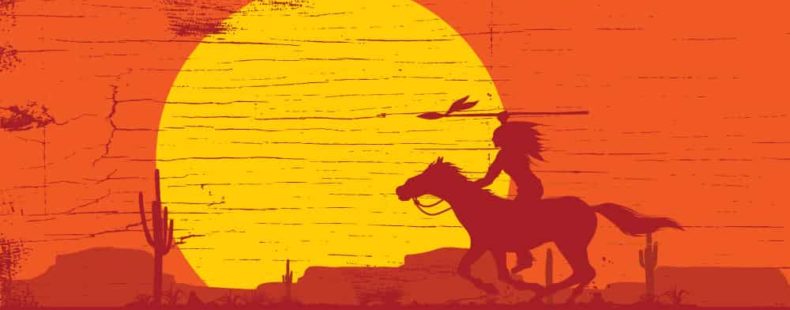As we all know, before Christopher Columbus landed on the Americas in 1492 the Native Americans had been living with the lush landscape for hundreds of thousands of years. Each tribe had its own traditions, religion, and languages.
Although many Native languages have gone extinct, there are still 150 languages spoken today. When more settlers came to North America, French and English speakers began synthesizing words from Native American languages into their own.
There are many words used today that owe their creation to the beautiful mixture of language. Many US states, indigenous animals, and foods are named using Native American languages.
So, what’s left to do but take a look at everyday words that come from Native languages?!























